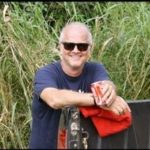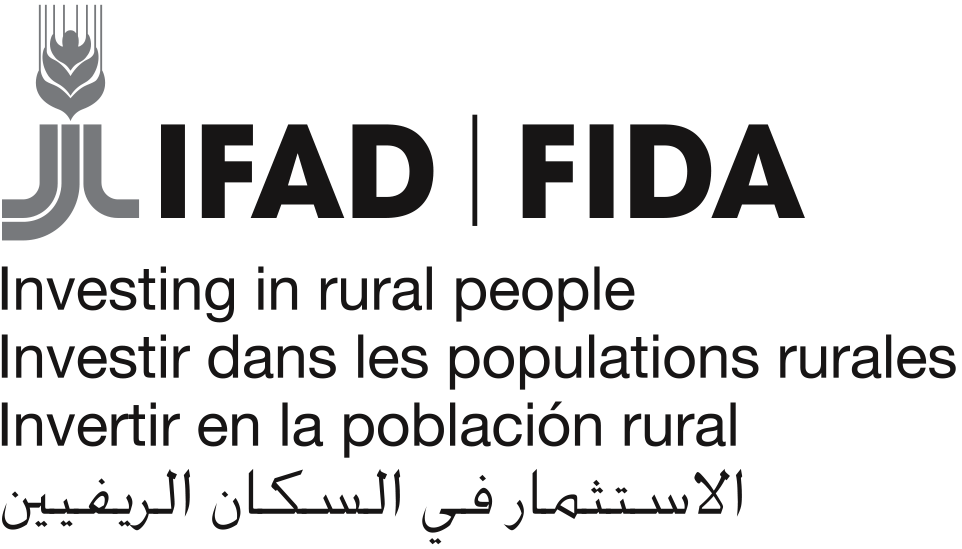La Poule Qui Rit:
By end of 2006, one French man was selling his small farm. He was producing eggs. I grabbed that opportunity, not knowing anything about poultry. I decided therefore to go to Brazil to see how they were doing things over there. Conditions are almost the same, temperature and humidity very similar in certain regions.
I started in 2007 with 5.000 chicks. Eighteen weeks later I received a new batch of another 5.000 chicks. And another 18 weeks later a third batch.
All the farms where I was raising my chickens were rented. I was renting two different farms at the time. I had to buy my own land and build my sheds. That had to be done to continue my investment.
I also had to employ qualified personal. I had a first technician coming from Morocco. Then I had a second one, this one was a vet, coming from Brazil.
Slowly we increased our production and managed to produce over 60.000 eggs a day. What started as an challenging and uncertain adventure became a serious business employing over 50 people.
We are now aiming to produce 200.000 eggs a day, and then 400.000 eggs a day.
Green Peas:
La Poule Qui Rit had few maize suppliers. Maize is one of the most important products used to prepare chickens food. Tody River, Saris were the main suppliers, but not reliable ones. Unfortunately, predicting that one day one of them could cease its activities, we started procedures to obtain land from the government to produce or own maize. At the present time there’s a serious shortage of maize in the Congo. Green Peas was born in 2017 and started its activities in October 2018. We obtain 5737 hectares from the government for a period of two years (Autorisation Provisoire d’Occuper). We are now negotiating with the government to extend the concession for a 20 years period (Autorisation Expresse d’Occuper).
Our land is next to the Niari river. That will allow us to irrigate our crops and is part of our plans. We will be able to work 12 month a year and we hope to have three crops, one of maize, and the other ones will be according to local demand. We’re are already negotiating with local breweries (Brasco) for supplying them with sorghum, and with other local big industries (SMGP) for supplying them with maize. Beans is also an option as all that is sold in the Congo comes from Cameroon. Congolese people appreciate beans.
We are now looking for some partnership or some financing to continue our investment. All that we invested so far was financed by La Poule Qui Rit. That is not the right way to do things. Unfortunately it’s very hard to obtain any credit from local banks for agriculture and live stock
We started in October 2018 with 25 ha. In October 2019 we have planted 70 ha. We should be planting another 60 ha in February. We planted mainly maize, but we also planted some soya and some varieties of beans. In February we should also plant sorghum as a trial. Next October we hope to reach 200 ha. The following year we plan 500 ha, then 1.000 ha, 1.500, and so on till we cover the integrity all our land.
Servicing:
There’s a real need among peasants for farming servicing.
That is part of a near future project, we will discuss and present the idea during the Grow Congo event on the 25ft of February.





